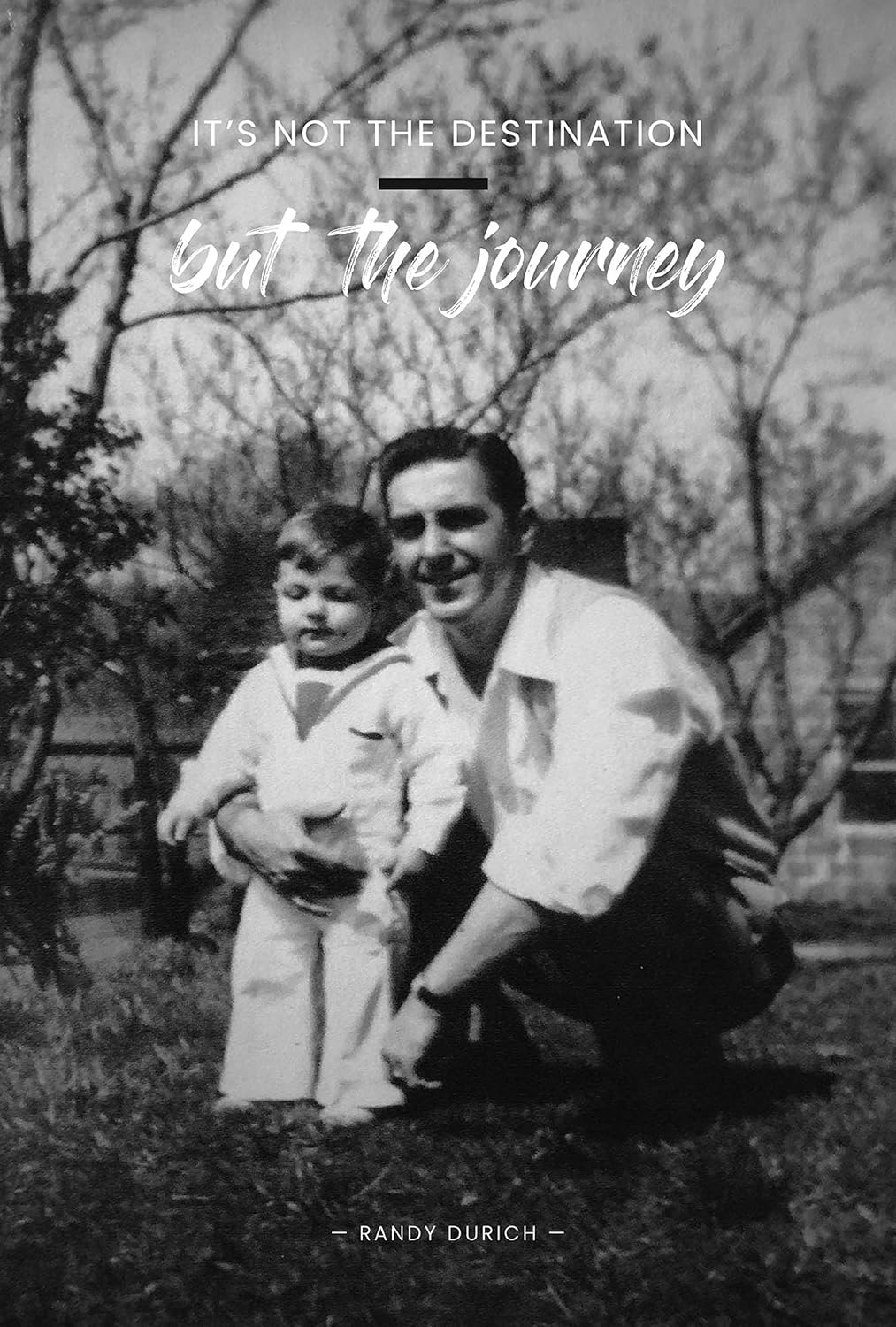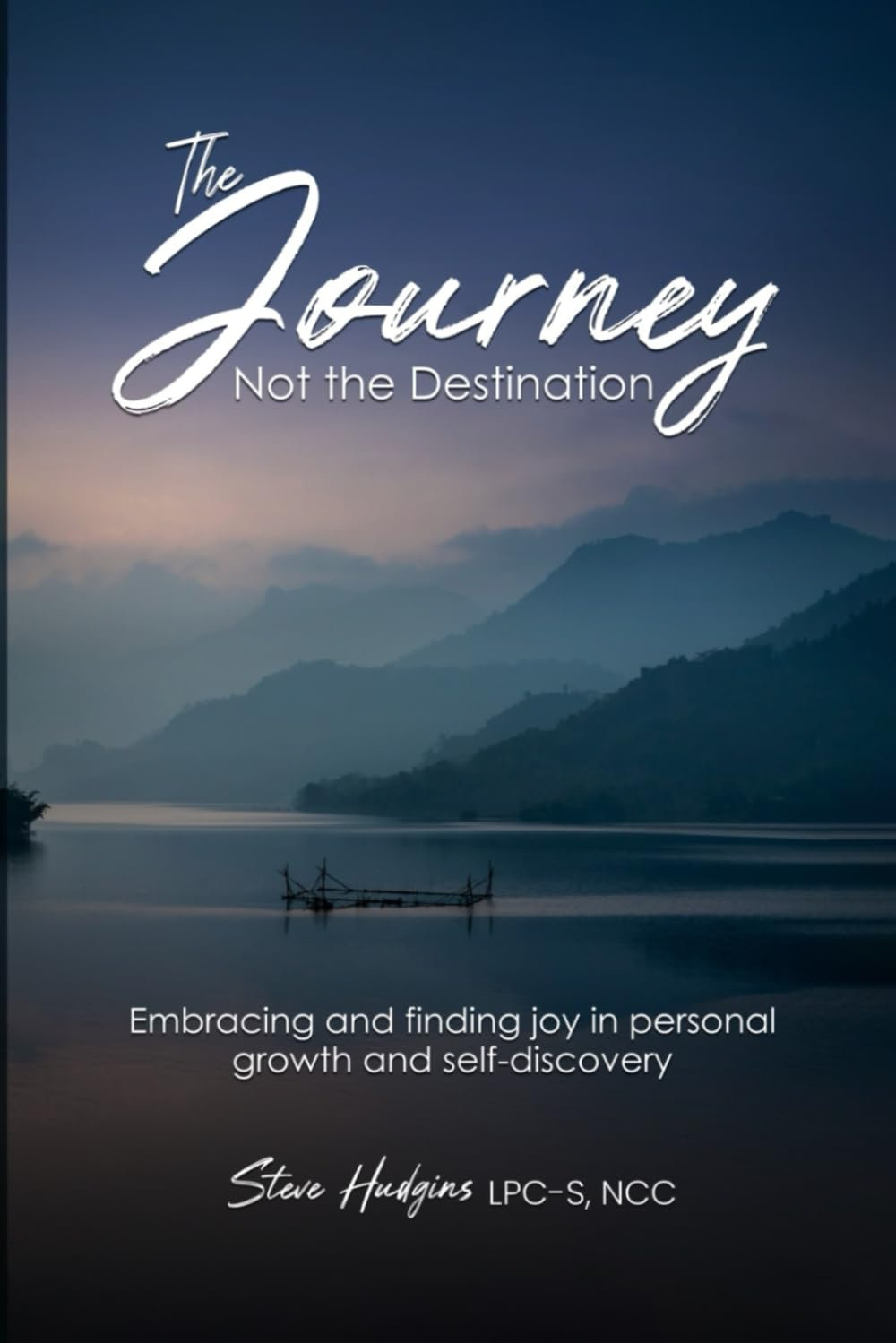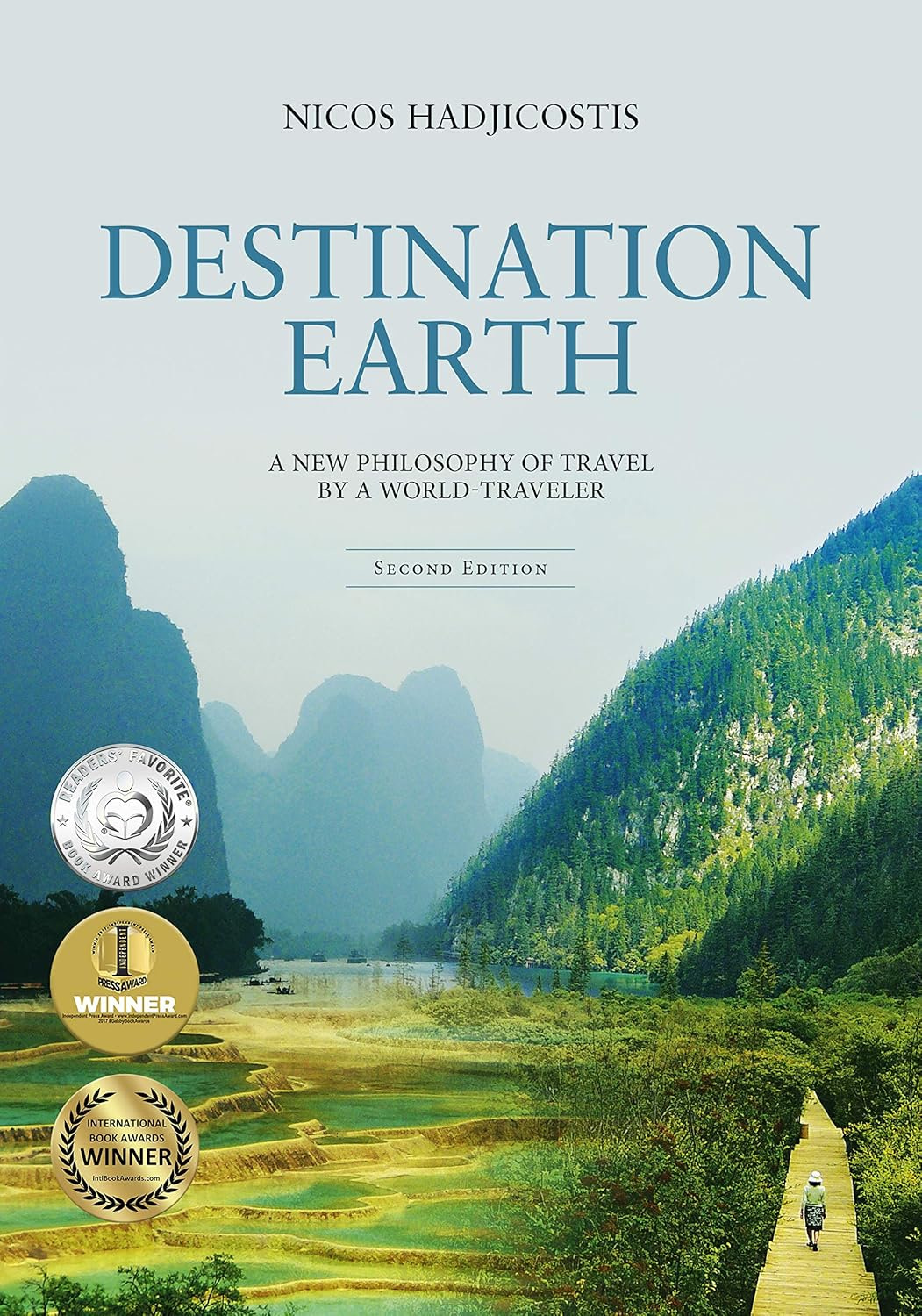“Folks who are on the journey are a lot more interesting than folks who, having found answers, are in dry dock.” ~Lori Villamil~
This line — short, sharp and strangely poetic — encapsulates a truth that somehow manages to feel both timeless and yet impossibly contemporary. It reminds me of imagining a pirate ship during my childhood, on a sunny afternoon, its sails flapping, its crew hollering to the breeze. The ship was still at sea, not yet moored. That feeling of movement, of the unknown horizon before you, made for a far more engaging scene than a ship already stopped in its journey, crew now just buffing the deck.
So let's unravel what makes the ‘journey’ so compelling, why ‘dry dock’ sucks, and provide some pragmatic ideas to keep the good times rolling in our own lives.
1. The Psychology of the Unknown
Curiosity Is a Magnet
We’re hard-wired to chase newness. Our brains emit dopamine at any new or uncertain encounter, whether it’s an unfamiliar smell, an unfamiliar truth, or an unfamiliar path. That dopamine release is the chemical equivalent of a “thumbs up” to the universe: Yes, let’s discover more.

When we’re walking through the adventure, each footfall is pregnant with potential. Your next spin of the compass might take you to a secret waterfall or lost village. It’s mind-bogglingly high stakes, and the prize—wisdom, adventure, growth—is enormous.
The Comfort of Solitude
Meanwhile, “dry dock” is the cognitive analog of a lull. Solutions have been discovered, and the future looks secure. Although safety is important, it can also indicate complacency. The itch to investigate subsides, and the brain starts drifting into less productive “what if” hypotheses rather than the original query.
2. The Richness of Process vs. Product
Learning is an Adventure
When you’re still figuring things out, every mistake is a learning opportunity. Failure is not a detour but a direction marker toward an improved path. Consider the internet trailblazers–they didn’t have a complete world of sites and social media. It was their inquisitiveness that pushed them to tinker and flounder and flourish.
The ‘Response’ Opens a New Inquiry
Even if we believe we’ve discovered a solution, another question tends to arise. As just one illustration, a scientist may invent a cure but then wonder, “How can we sell it cheaply?” A traveler can discover the perfect location and then say, ‘What about the locals?’ The quest, then, is a circle, not a terminus.
3. Real-World Examples: Journey v Dry Dock
In each, the journey maintains a restless mind, a vigorous body, and an adaptable sense of self. The ‘dry dock’ version is cozy but stalled.
4. How to Keep the Adventure Alive
5. The Bigger Picture – Why the Journey Matters for Society
When we all respect the process, we build communities of creativity, kindness, and strength. Societies that celebrate curiosity—such as Finland’s education system or the open‑source movement—tend to outperform those that reward only results.
The experience also fosters a more empathetic perspective. Folks who still don’t know what they’ll be doing, on the other hand, tend to be more open to other people’s narratives, as they recall all too well what it’s like to be in the dark.
6. Closing Thoughts
The quote also teaches us that the most fascinating individuals aren’t necessarily those who have all the answers, but rather those who continue to inquire, branch out, and discover. They’re the living maps of the world, always refreshing, never static. So, when you’re tempted to drop anchor in dry dock, remember the magic waiting beyond the horizon. Ahoy! May you always keep your sails unfurled and your compass spinning, with curiosity as your guide.
Your journey is your story. Make it interesting.
PS. I am unfamiliar with the author of the quote, Lori Villamil. If anyone has information, I would be very interested in knowing more about her.





